The University of North Carolina at Charlotte has announced the shuttering of DEI across campus following a vote by the System Board of Governors earlier this year.
The latest move from the University involves the closing of three different DEI offices to adhere to a commitment to replace DEI with a new policy known as “Equality Within the University of North Carolina.”
New Policy

The new policy adopted by the university system requires a commitment to freedom of speech and expression, equality of all viewpoints and people, and institutional neutrality.
The university system is now prohibited from employing positions that prescribe a “view of social policy” or “political controversies of the day.”
Closing Offices
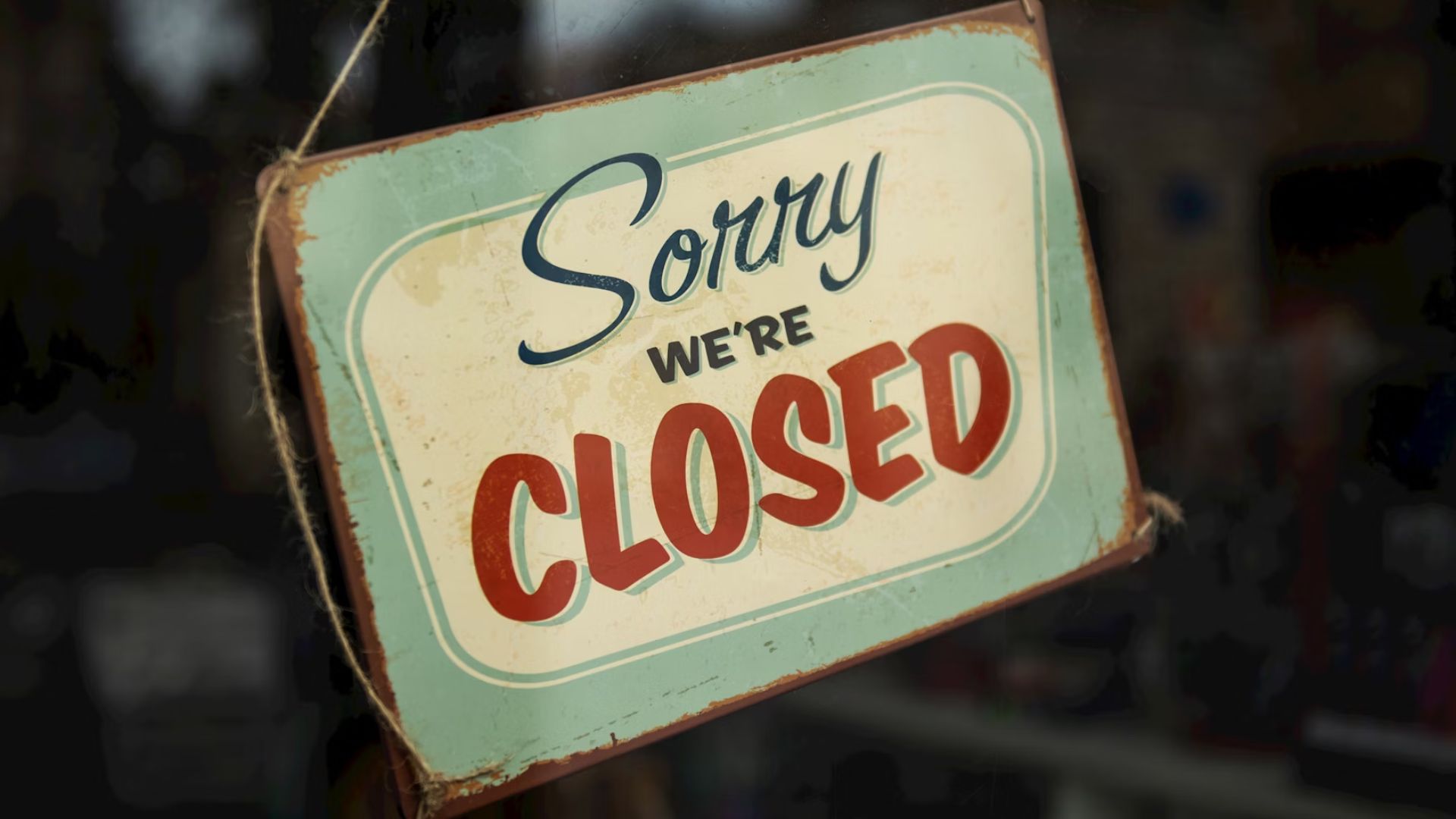
The University’s Office of Diversity and Inclusion, Office of Identity, Equity, and Engagement, and the Office of Academic Diversity and Inclusion all faced the chopping block in this latest move to adhere to the new policy.
In May, the University of North Carolina held a vote that repealed a 2019 adoption of DEI in the campus system.
Remaining Neutral
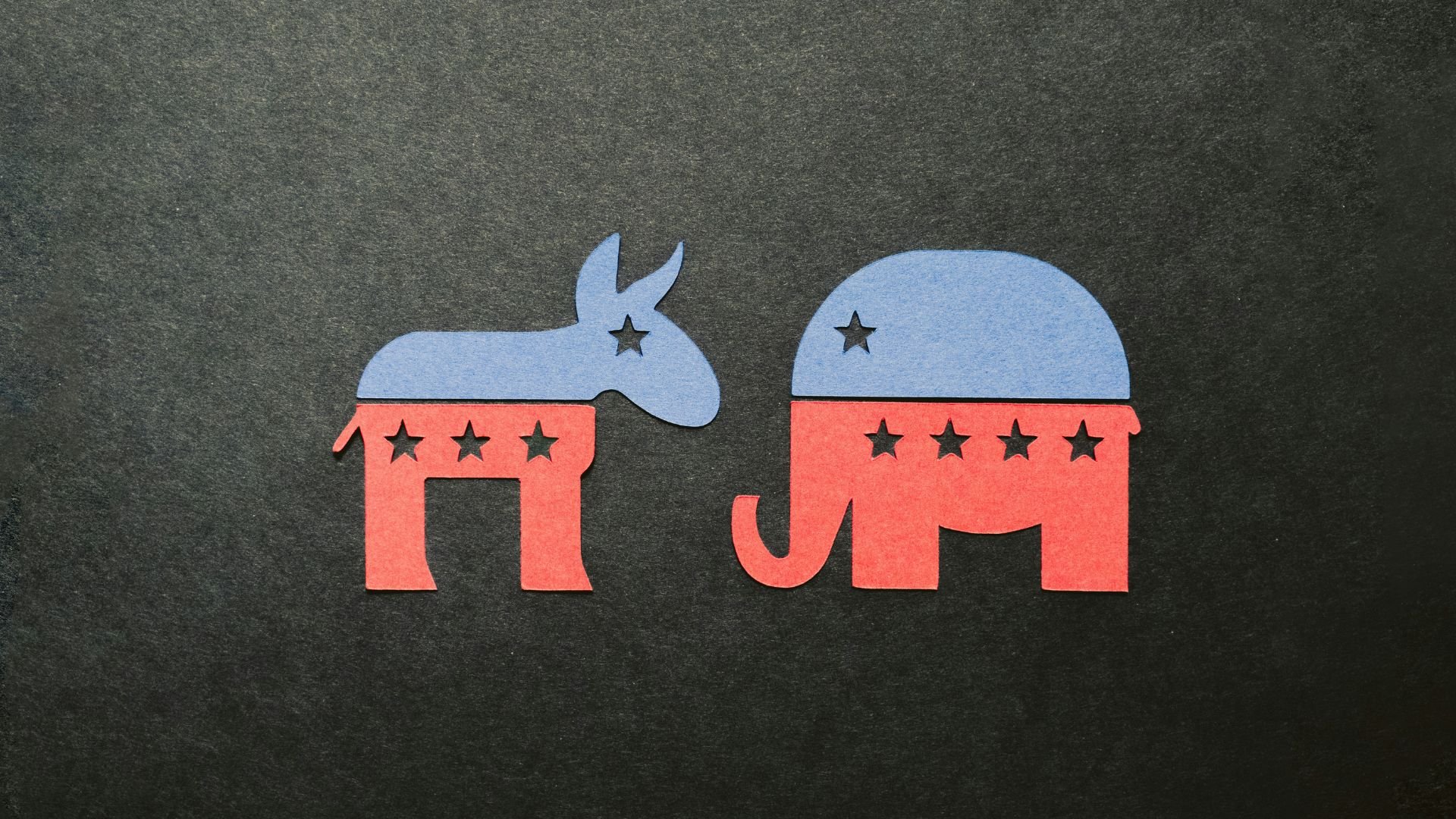
In a statement released in May following the vote, UNC System President Peter Hans expressed a motivation for the school to remain politically neutral while protecting students against discrimination.
“We have well-established laws and policies that prohibit discrimination, protect equal opportunity, and require a safe and supportive learning environment for all students,” Hans said. “We will continue to uphold those responsibilities.”
Institutional Neutrality
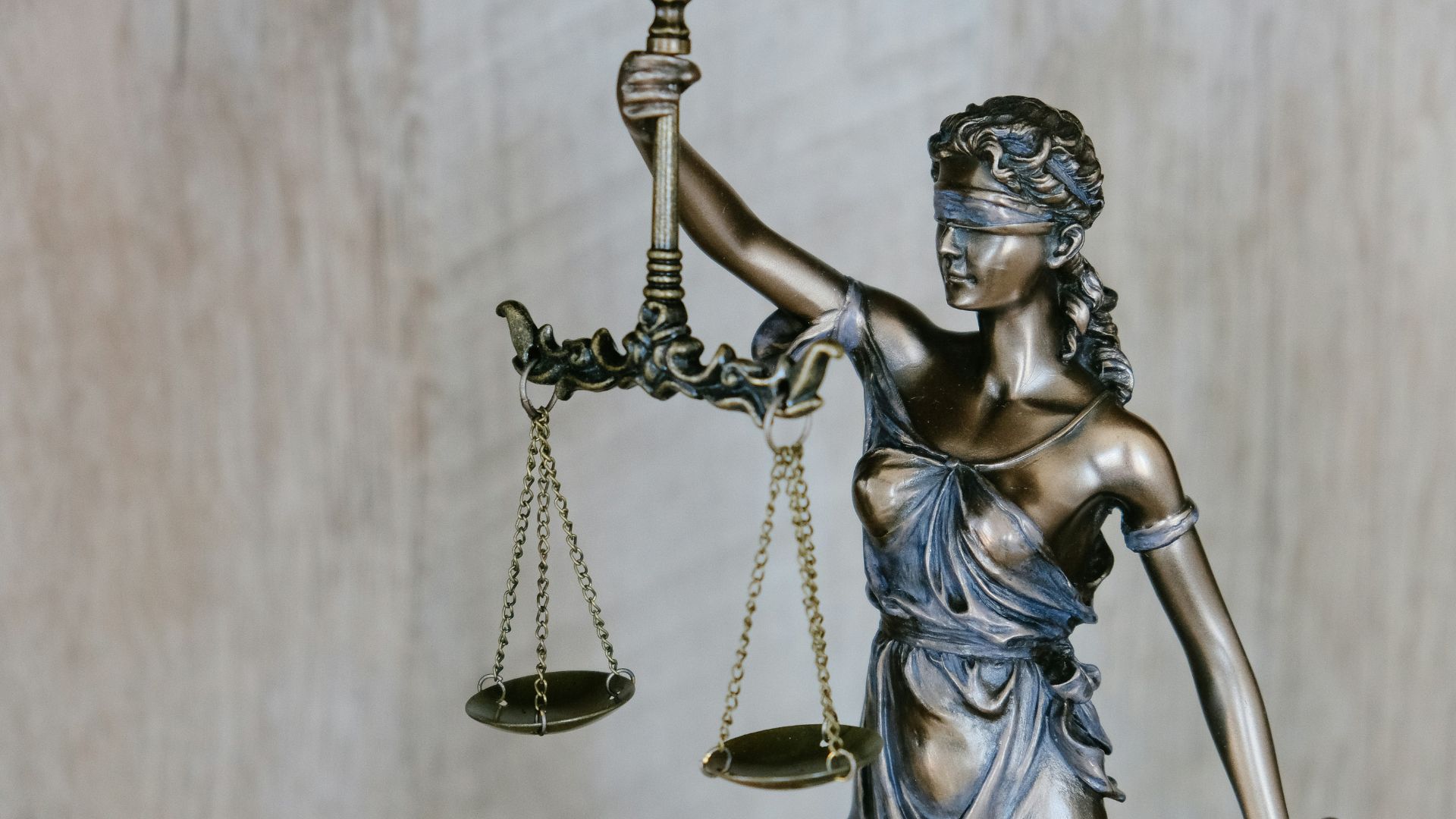
An August 8 letter from UNC Charlotte affirmed this commitment to neutrality, saying the school was committed to refrain from promoting political beliefs.
“This new policy requires offices and positions at all System institutions to comply with institutional neutrality, refrain from compelling others’ speech and refrain from promoting political or social concepts through training or required beliefs,” the statement said.
DEI Not Allowed
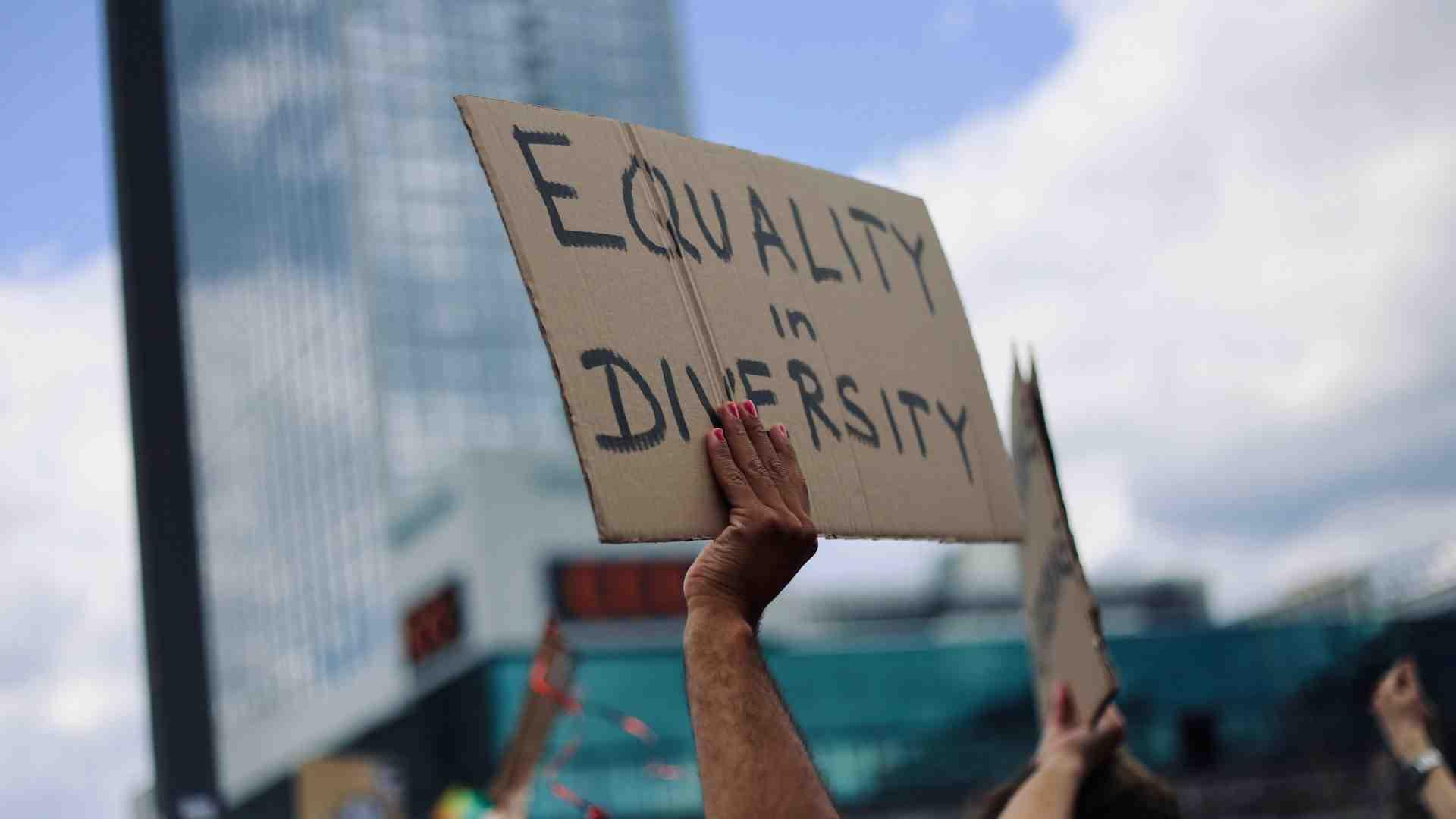
For UNC Charlotte, the neutrality required by this new policy necessarily conflicts with DEI, forcing the school to close its previously opened offices.
“Specifically, [the policy] does not allow any institution in the System to have offices that focus on diversity, equity and inclusion,” said the UNC Charlotte statement.
Culture For Everyone

In a statement to The Charlotte Observer, a UNC spokesperson framed the new commitment as being more inclusive.
“UNC Charlotte is committed to creating a culture of belonging for everyone, from every background and identity,” said the spokesperson. “The university’s care and concern for its students is unchanged, as are student organizations, which help students build community and identity with others.”
Employees Reassigned

While three of its DEI offices are closing, UNC Charlotte will reassign the eleven employees that staffed them instead of letting them go.
“Full-time staff from these offices were provided employment opportunities elsewhere on campus. Faculty who held additional duties within these offices no longer have those responsibilities,” said the August 8 statement.
Encroaching Deadline

The recent changes made this month come ahead of a September 1 deadline to adhere to the university system’s institutional neutrality requirement.
“Additionally, we are continuing to review University websites and employee training and programming to ensure they align with the System’s institutional neutrality requirement,” the letter said. “Other adjustments that may be needed to comply with the policy will become clearer over the next few weeks as we work to meet the Sept. 1 deadline.”
What is DEI?
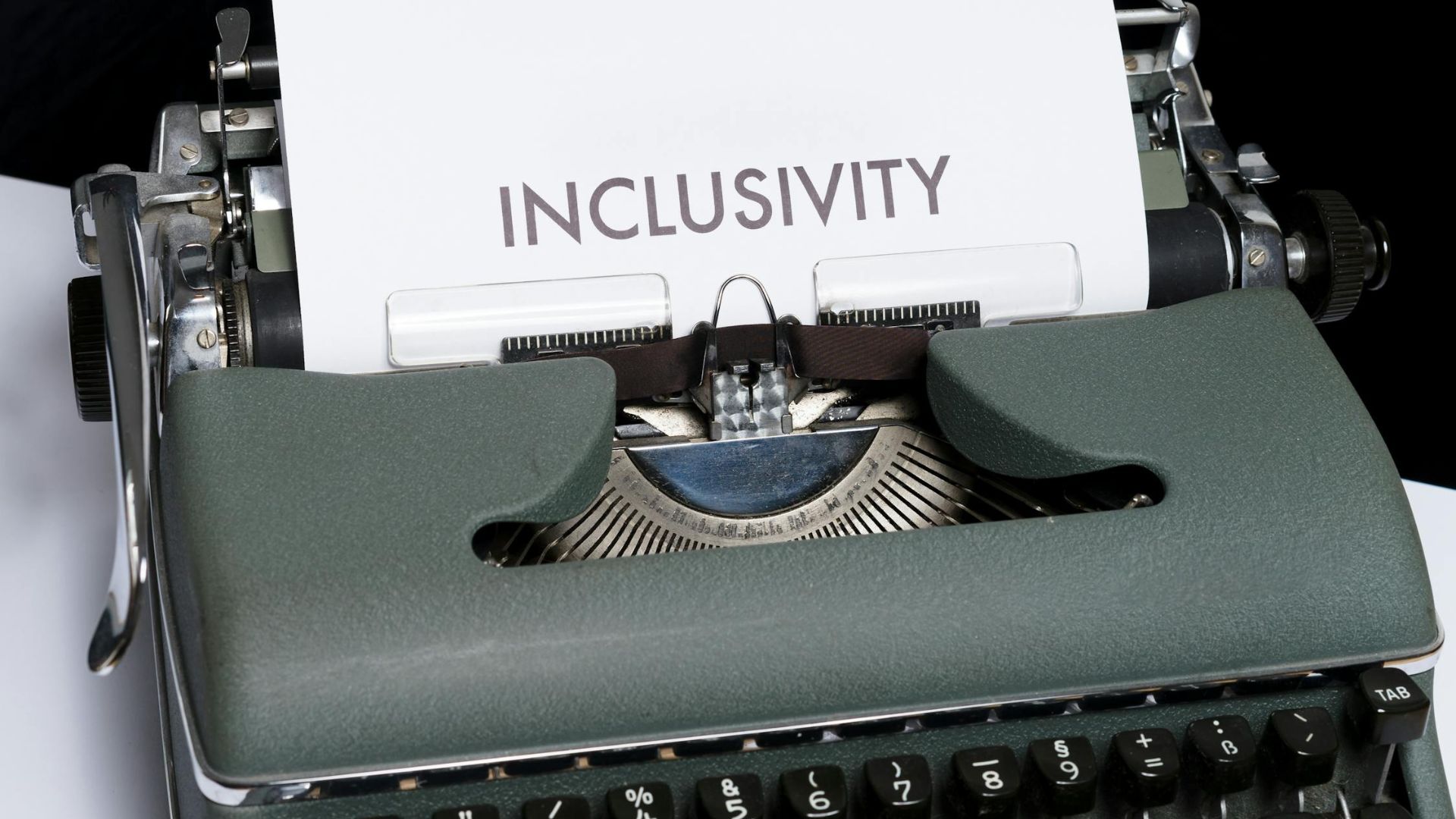
Diversity, Equity, and Inclusion (DEI) is an ideology that seeks to correct past historical wrongs for disadvantaged groups through programs, events, initiatives, and training to make places like universities and workplaces better for those groups.
A Washington Post-Ipsos poll from June found that 6 in 10 Americans think DEI programs are a good thing.
Controversial Initiatives
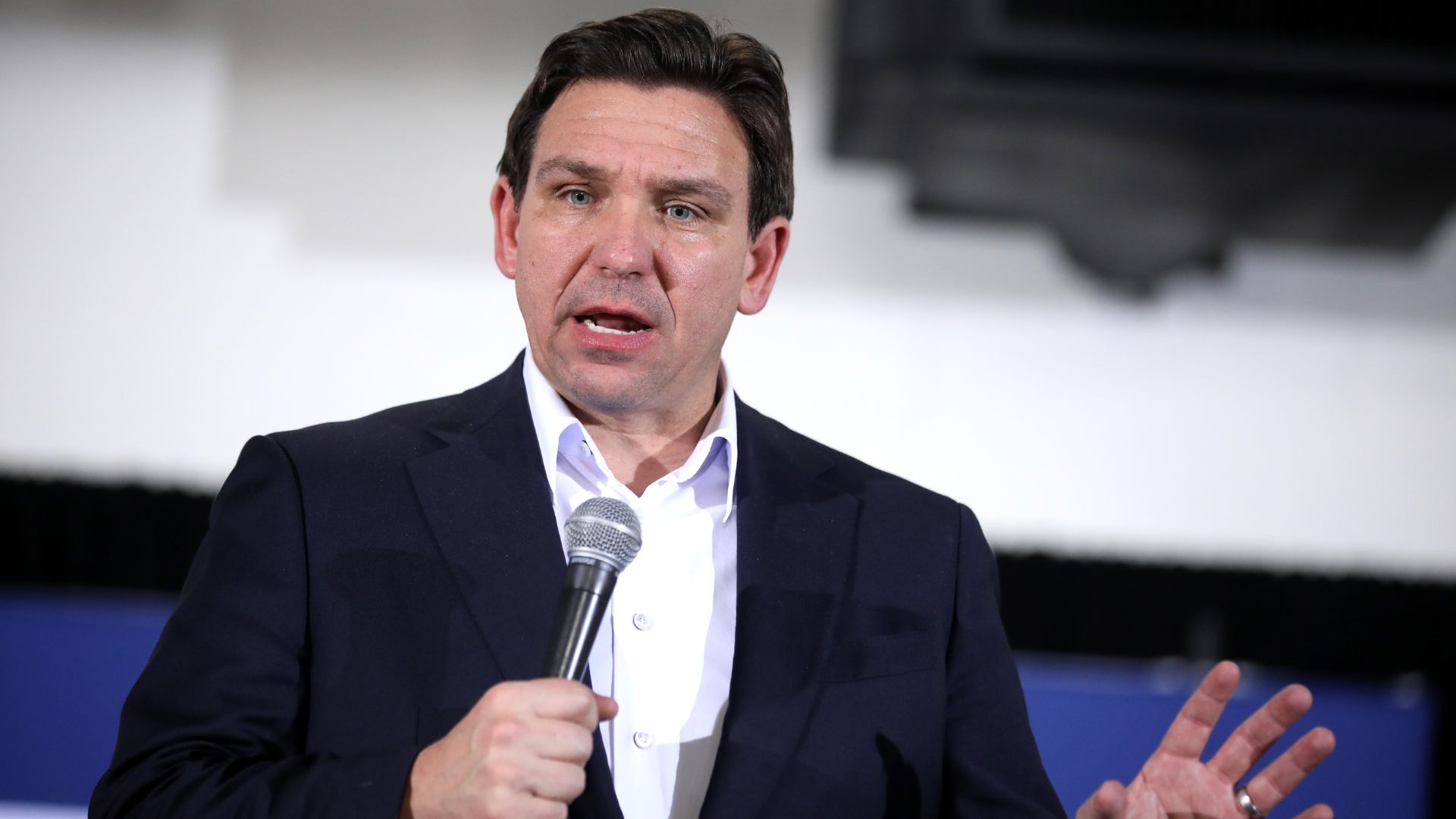
Since the wide adoption of DEI in places of learning, corporations, and government agencies there has been a backlash against the movement by critics.
These critics accuse DEI of fostering discrimination against White Americans and restricting free speech rights.
Political Issue

In recent months, the talk around DEI has become a divisive political issue. Since the adoption of DEI at colleges, there have been at least 85 anti-DEI bills introduced in 28 states across the country.
Last year, an anti-DEI workplace bill reached North Carolina Governor Roy Cooper’s desk, who vetoed it. However, the state legislature had enough votes to override the veto allowing it to become state law.
